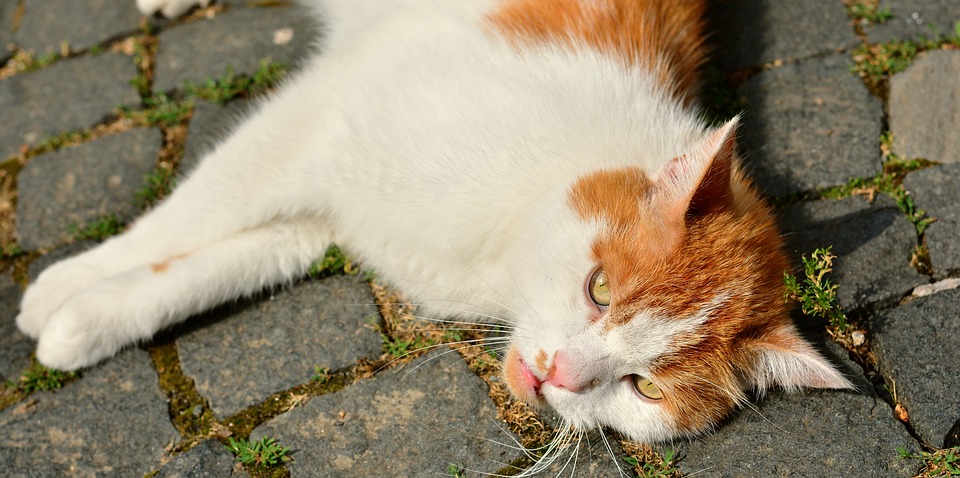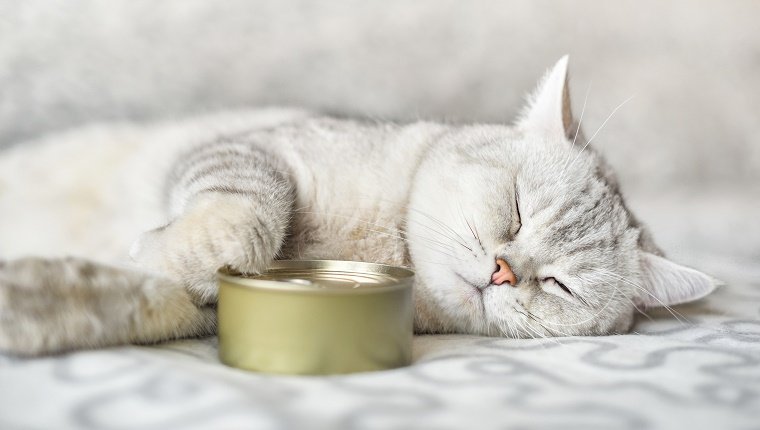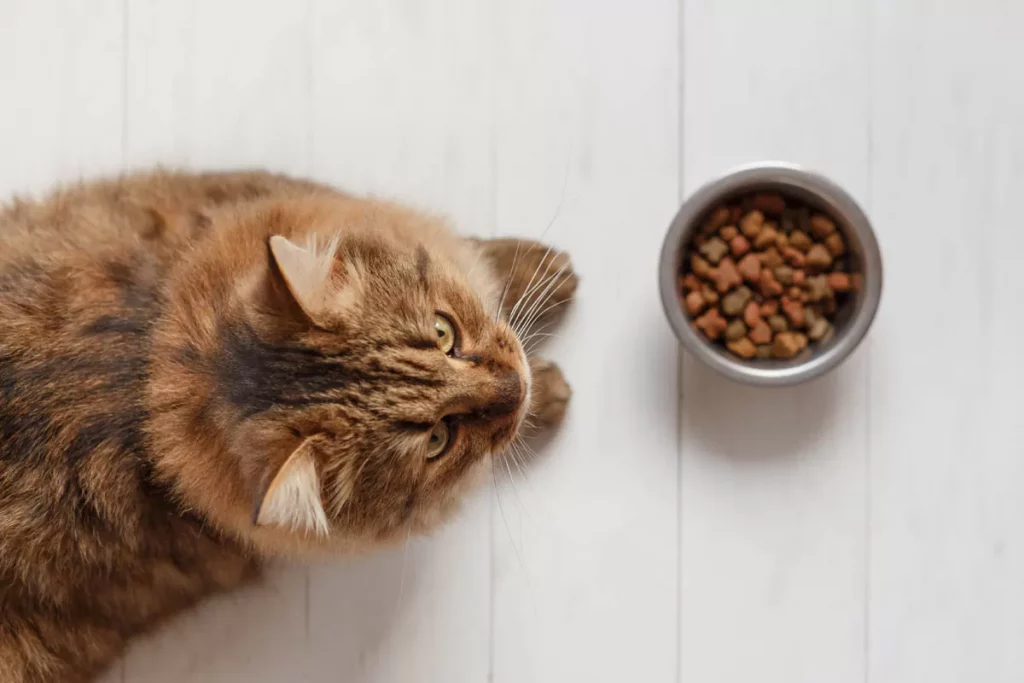In this article, we shall be discussing 5 Management of Anorexia in Cat – Symptoms, Causes, Diagnosis, Treatment. Anorexia is a term used to describe a situation in which a cat loses his appetite and does not want to eat or is unable to eat. Appetite is dependent on memory and association, as opposed to hunger, which occurs when the body needs food.
It is a condition in which an individual has an abnormal desire to be thin. The term “anorexia” comes from the Greek language and means “lack of appetite.” Anorexia can be divided into two categories: pseudo-anorexia and true anorexia. Pseudo-anorexia occurs when a cat wants to eat but finds it hard to do so.
This is not a specific disease, but rather the result of another underlying medical condition. It can be caused by pain, cancer, systemic disease, or abnormalities with the structures that occupy the mouth.
Table of Contents
Causes of Anorexia in cat
Anorexia in cat is often caused by a combination of disorders. The first indication that something is wrong is often loss of appetite. Many organs in the body can cause this symptom, including the digestive system, kidneys, blood, eyes, mouth, nose and throat, skin, and brain.

It is an eating disorder that causes people to eat very little. There are several causes of this include upset stomach, side effects from certain medications, finicky eating habits or food changes, stress, intestinal parasites, infections, pain from an injury, arthritis, digestion issues, or pancreatitis.
Symptoms of Anorexia
Symptoms of this disease include Weakness, Unresponsiveness, Weight loss, Hiding, Spending more time with the owner than usual, Depression, Unwillingness to become active, Lethargy, Excesses salivation, loss of appetite vomiting, and Diarrhea.

Diagnosis of Anorexia in Cat
In the diagnosis of anorexia in cats, a veterinarian will try to make a distinction between true and pseudo-anorexia. This is caused by many factors, so your vet will probably recommend some tests to figure out what’s going on. These may include Physical examination, complete blood panel and urinalysis, X-rays, and fecal examination.
Treatment
Treatment of this disease in cats centers on treating the underlying condition that was found during diagnostic procedures. The veterinarian will provide supportive therapy, such as fluid therapy and anti-nausea medications.
A cat that is not eating well may also be dehydrated, which can lead to other health problems. Cats require a special diet, so it’s important for owners to check with their veterinarian before switching foods. Foods are always changing and it’s important to make sure the food you choose has all of your pet’s nutritional needs.

This has several potential causes in cats; including stress, minor medical conditions, or serious or life-threatening medical conditions. Any time a change in appetite is noticed, it’s best to visit a veterinarian to give a possible way out.
Supportive treatments do not cure the problem that caused an animal to have a low appetite. Instead, they help the animal retain weight and feel more comfortable until it can begin to eat normally again.




